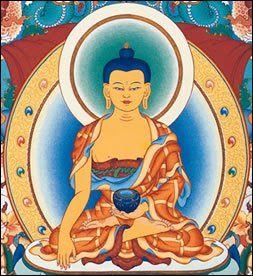#ScientificSages: Nagarjuna

Philanthropist Nagarjuna
The victorious ones have said, “Emptiness is relinquishing all views. For whomever emptiness is a view, That one has achieved nothing.”

The name Nagarjuna signifies the entity which has its nature, which is not dependent on anything. Nagarjuna was an Indian Buddhist thinker and scholarly saint, he is one of the most important philosophers of the entire Asian island. He was born in 150 CE. Nagarjuna is widely regarded as the founder of the secondary school of Buddhist philosophy. It is also believed that Nagarjuna was an advisor to a king of the Satavahana dynasty who ruled the Deccan plateau.

Nagarjuna wrote the text ‘Ratnavali’ in Andhra around Dhanyakataka (Amaravati) towards the end of the 2nd century, which was written for thirty years. The Mahayana emphasizes the idea of the bodhisattva, he wrote an anthology called the Sutrasamukkaya, which contains excerpts from 68 sutras. He composed hymns of praise to the Buddha and Buddhist ethical practice.

Nagarjuna Ji was born in a Brahmin family, it is argued by many scholars and historians whether he invented the Sunita principle, while conceptualizing nature, he stated that whether the length is short or long, another opposite, depends on things.


